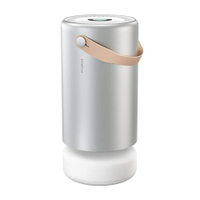6 ways to improve the air quality in your home when living in a city
From air purifiers and air-cleansing indoor plants, to knowing when to open and close your windows, these simple steps can help improve the air quality in your home
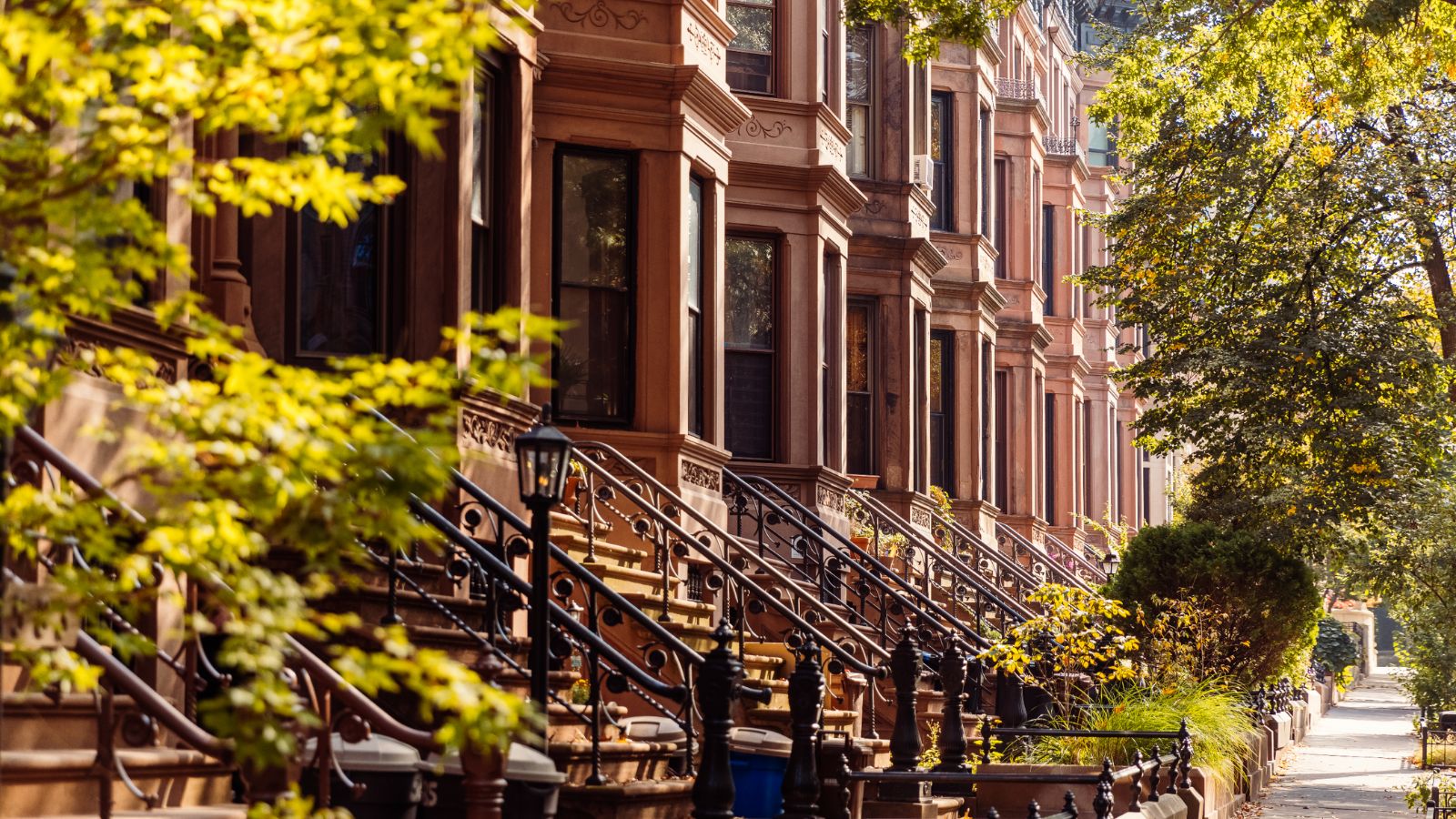
As fun and vibrant as city life can be, there's one downside that can't go ignored: air pollution. Cities are the most populated areas in the world, and with that comes a never-ending stream of pollutants from cars, homes and businesses.
Knowing how to to improve air quality indoors only involves some simple steps, but there's a bit more to consider when living in a city. Reminding yourself of these necessary habits will offer tremendous health benefits like clearer breathing and fewer allergic symptoms.
As an asthma and allergy sufferer living in the busy city of Bristol in the UK, I understand the effects of poor air quality. Luckily, I've tested many of the best air purifiers, which always help to keep my symptoms at bay, and through doing so, I've learned just how important an air purifier is, and what exact activities affect air quality at home.
How to improve the air quality in your home when living in a city
I caught up with a few air quality experts to put together this essential list of improving air quality when living in a city; for cleaner, healthier air.
1. Monitor air quality
Before doing any of the following steps, it will help to first understand your air quality.
An air quality monitor will track the air inside your home (available at Amazon and Home Depot). For outside your home, there are apps like the official EPA AIRNow app, showing current and forecast air quality information for your local area.
By understanding our air quality both indoors and outdoors, we then know when to close our windows, turn on the air purifier, or do any number of tasks that can affect the air we breathe.
2. Use a high-quality air purifier
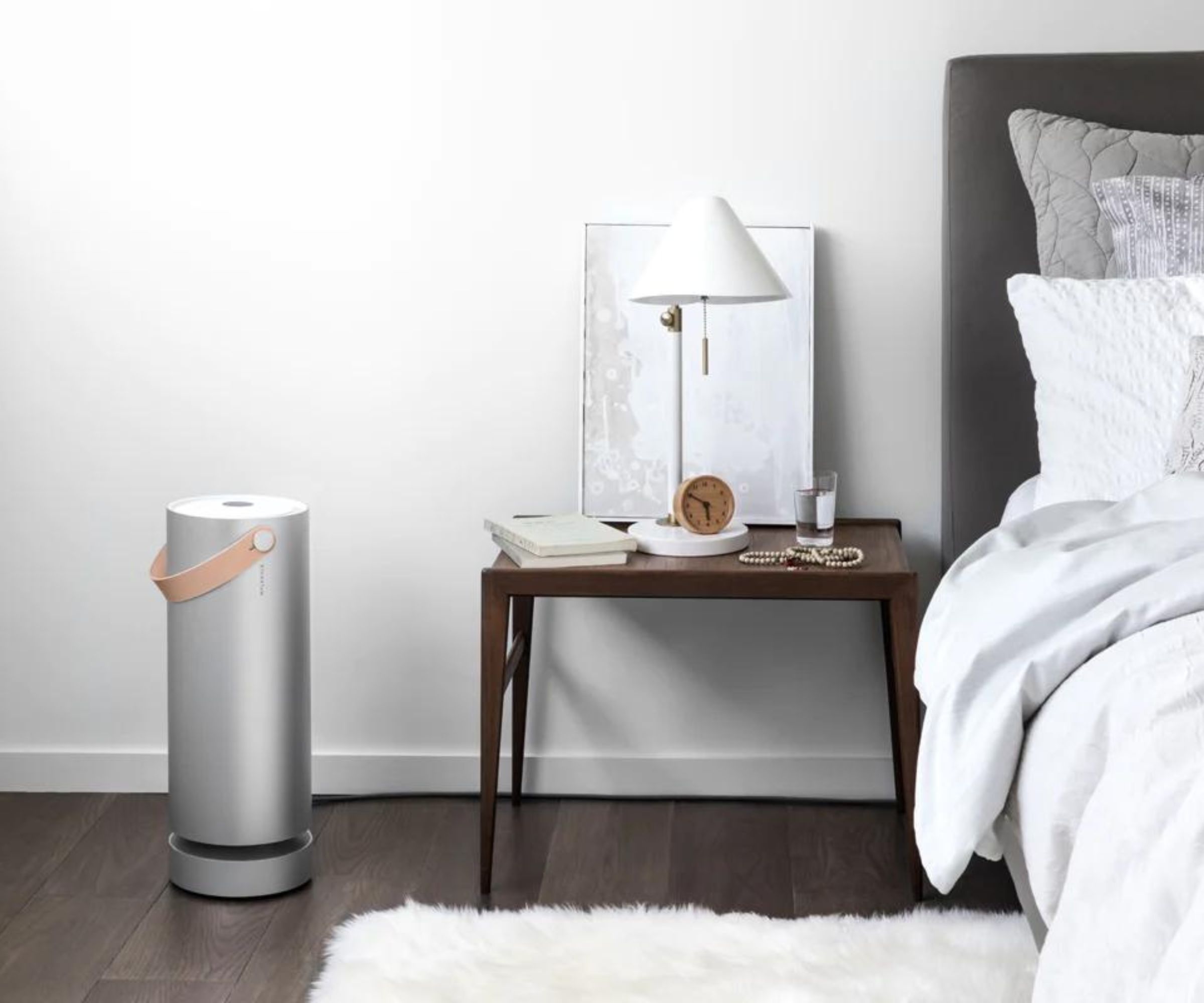
An air purifier is easily the most effective way to improve your air quality at home. Living in a city exposes us to so many pollutants; pollen, vehicle fumes and wildfire smoke are some of the countless substances affecting our air quality.
To combat them, an air purifier will remove these harmful particles from the air, releasing cleaner, purified air back into your home. 'Air purifiers are important for removing pollutants, allergens, and toxins from the air,' affirms Aaron Traub, air quality expert and owner of Benny's AC & Heating.
The best purifiers work by utilizing both a mechanical filter (like a HEPA filter) and a carbon filter. This enables them to filter out particles and harmful gases, making both filter types essential when living in a city. You can find out more at our guide on how to choose the right air purifier for your home & lifestyle.
Molekule's air purifiers go a step further, and use PECO technology to actually destroy the organic pollutants at the molecular level.
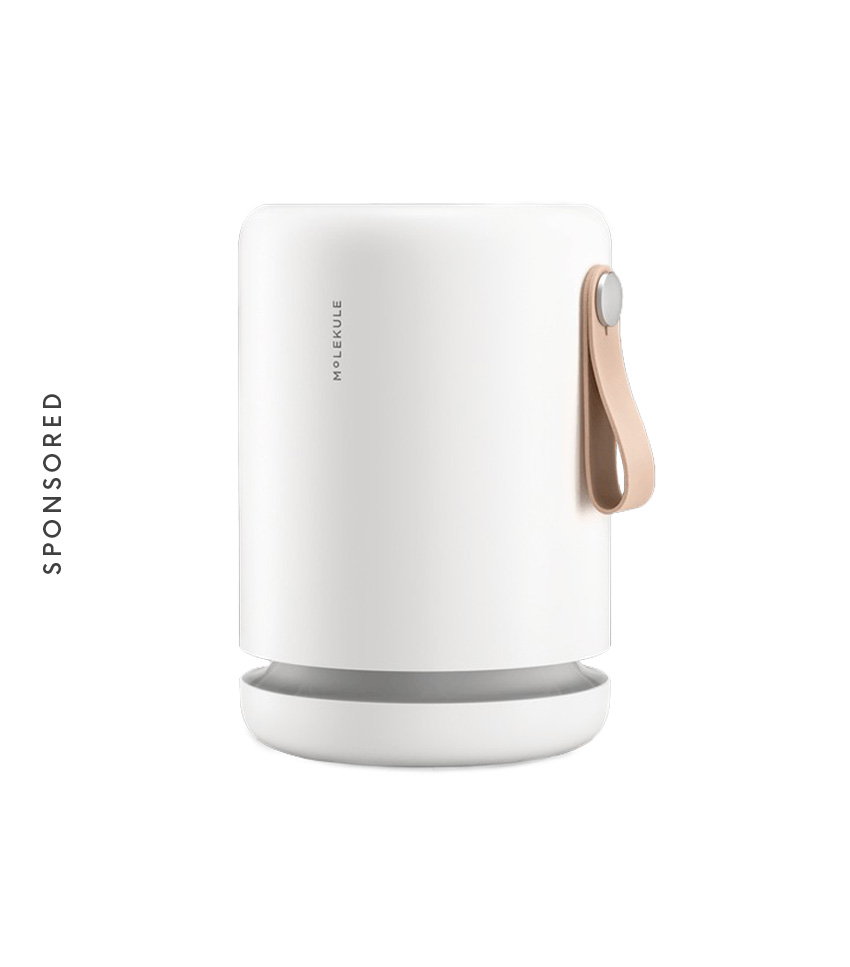
More often than not, city living means small-space living, and Molekule has the air purifier you need. Its Air Mini+ uses the same patented technology to catch and destroy pollutants, odors, and gas, but this smaller version is more discreet in 250-square-foot rooms.
3. Regular HVAC maintenance
Ideally, your HVAC system should be serviced twice a year, once before summer and once before winter. That way, you're taking care of the system's efficiency, making sure that everything is working as it should.
Aaron Traub seconds this: 'Replace air filters regularly, clean ducts, and schedule professional inspections at least twice a year. A clean, well-functioning HVAC system can significantly reduce indoor pollutants and do much of the work for you.'
An HVAC system's air filters will accumulate dust, dirt and moisture, and as a result microbial growths can build up on internal components. So your indoor air will be much cleaner with a regularly-maintained system.
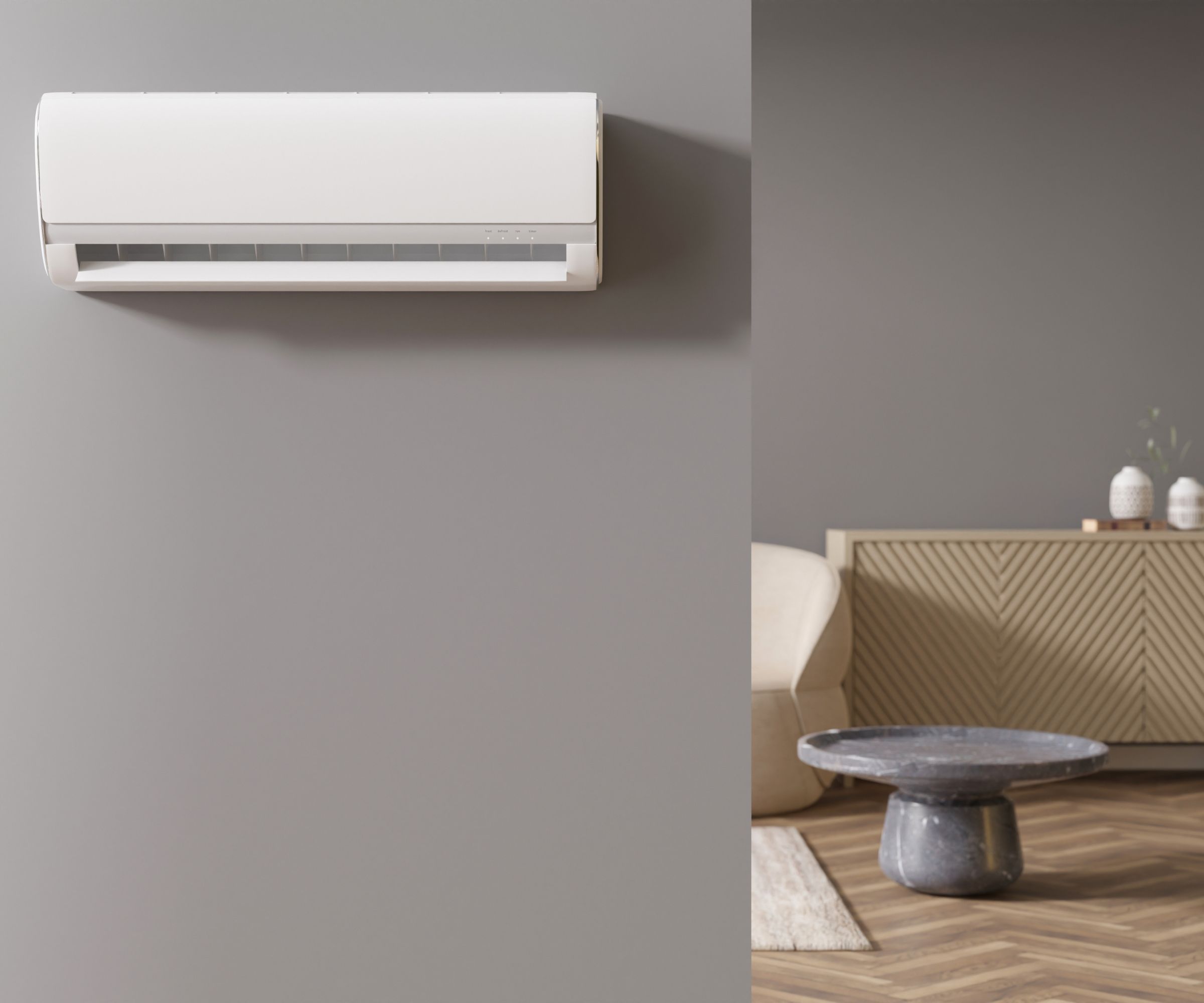
4. Close windows (when appropriate)
As mentioned above, being aware of your indoor and local air quality will guide you on when it's time to close or open your windows. If outdoor pollutant levels are high, you'll benefit from keeping your windows closed and relying on AC and fans to stay cool.
'While fresh air can be beneficial, it often brings in pollutants and allergens in a city environment,' Aaron Traub confirms.
If the air quality outside is relatively good with low humidity levels, however, opening windows can improve indoor air quality. Tasks like cooking, dusting and vacuuming all affect our indoor air, so we sometimes need to ventilate our homes.
Alessandro Ronfini, partner at DEMO Architects, elaborates on this: 'If it's a particularly hot, windless day, it's quite possible that the outdoor air quality is worse than the indoor air and it's best not to open windows. When there is a nice breeze and humidity is low opening a window, even better two to create cross ventilation is a great idea.'
5. Clean often
The common allergens that live in our homes can be dealt with by cleaning regularly. Some of them even come from outside, like pollen, becoming part of the composition of the dust that we find on our floors and around the house.
As Aaron Traub puts it, 'dust and vacuum your home frequently, using a vacuum with a HEPA filter to remove dust, pet dander, and other allergens in your home.'
Our guide to the best vacuums for pet hair includes tried-and-tested HEPA vacuums that can handle hair, dust, and tiny allergenic particles.
6. Indoor plants
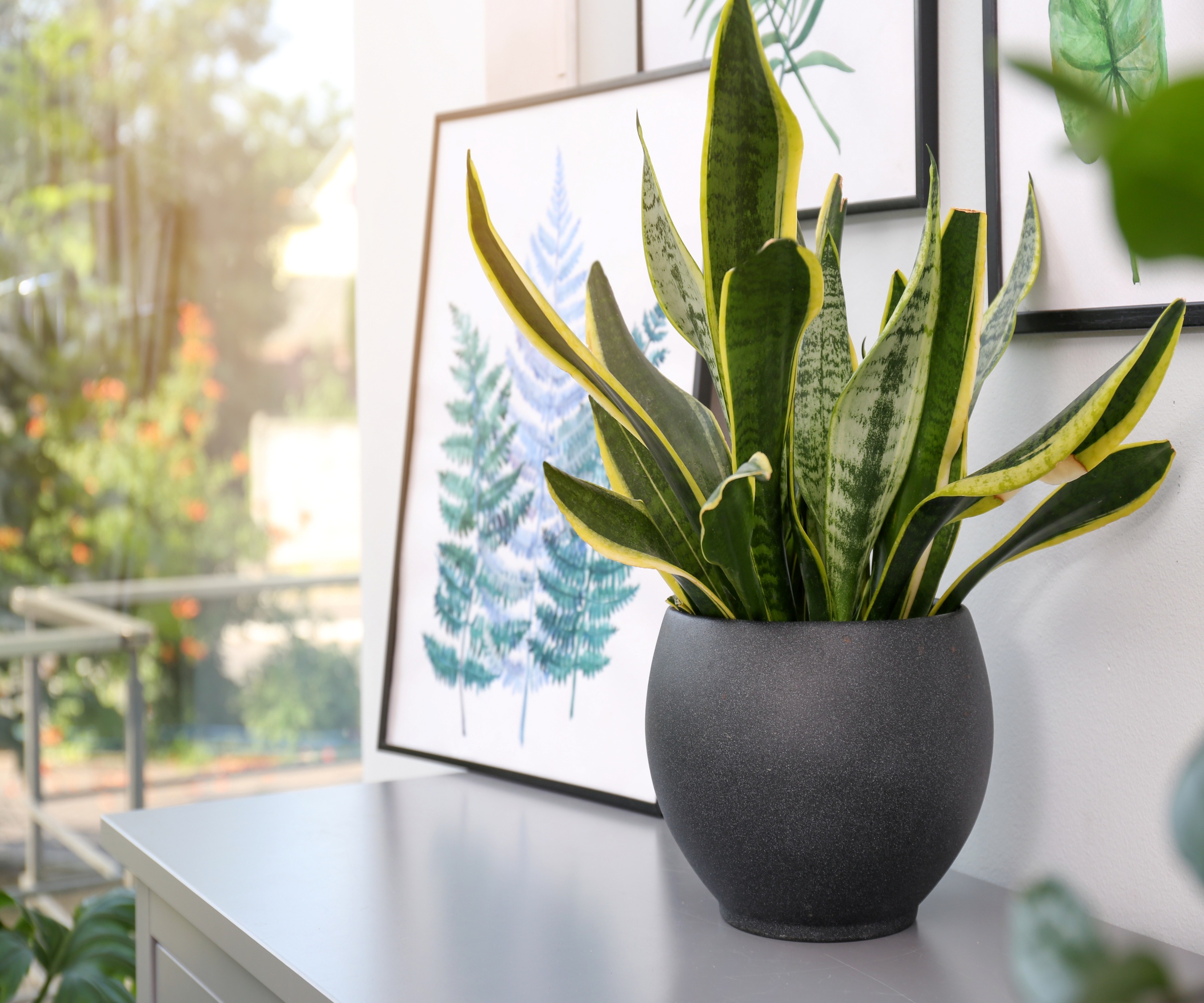
There's a wealth of plants out there with air purifying qualities. The best air cleaning indoor plants, including types like bird's nest fern and areca palm, can remove toxins like formaldehyde, mold spores and ammonia from the air.
Even snake plants, some of the most low-maintenance plants you can own, can eliminate airborne formaldehyde, nitrogen oxide, benzene, xylene and trichloroethylene – found in synthetic carpets, glues, paint and other interior fittings.
On the topic of improving your indoor air quality, it helps to have one of the best dehumidifiers. High humidity levels encourage mold, dust mites, asthma, and all sorts of allergic symptoms.
Make sure you know the best place to put your air purifier, too.
Sign up to the Homes & Gardens newsletter
Design expertise in your inbox – from inspiring decorating ideas and beautiful celebrity homes to practical gardening advice and shopping round-ups.

Dan is the Home Tech Editor for Homes & Gardens, covering all things cleaning, smart home, sound and air treatment across the Solved section. Having worked for Future PLC since July 2023, Dan was previously the Features Editor for Top Ten Reviews and looked after the wide variety of home and outdoor content across the site, but their writing about homes, gardens, tech and products started back in 2021 on brands like BBC Science Focus, YourHomeStyle and Gardens Illustrated.
They have spent more than 200 hours testing and reviewing vacuums for Homes & Gardens, and have even visited Dyson's engineering labs for the full low-down of the ins and outs of our trusty cleaners.
Dan has a BA in Philosophy and an MA in Magazine Journalism. Outside of work, you'll find them at gigs and art galleries, cycling somewhere scenic, or cooking up something good in the kitchen.
-
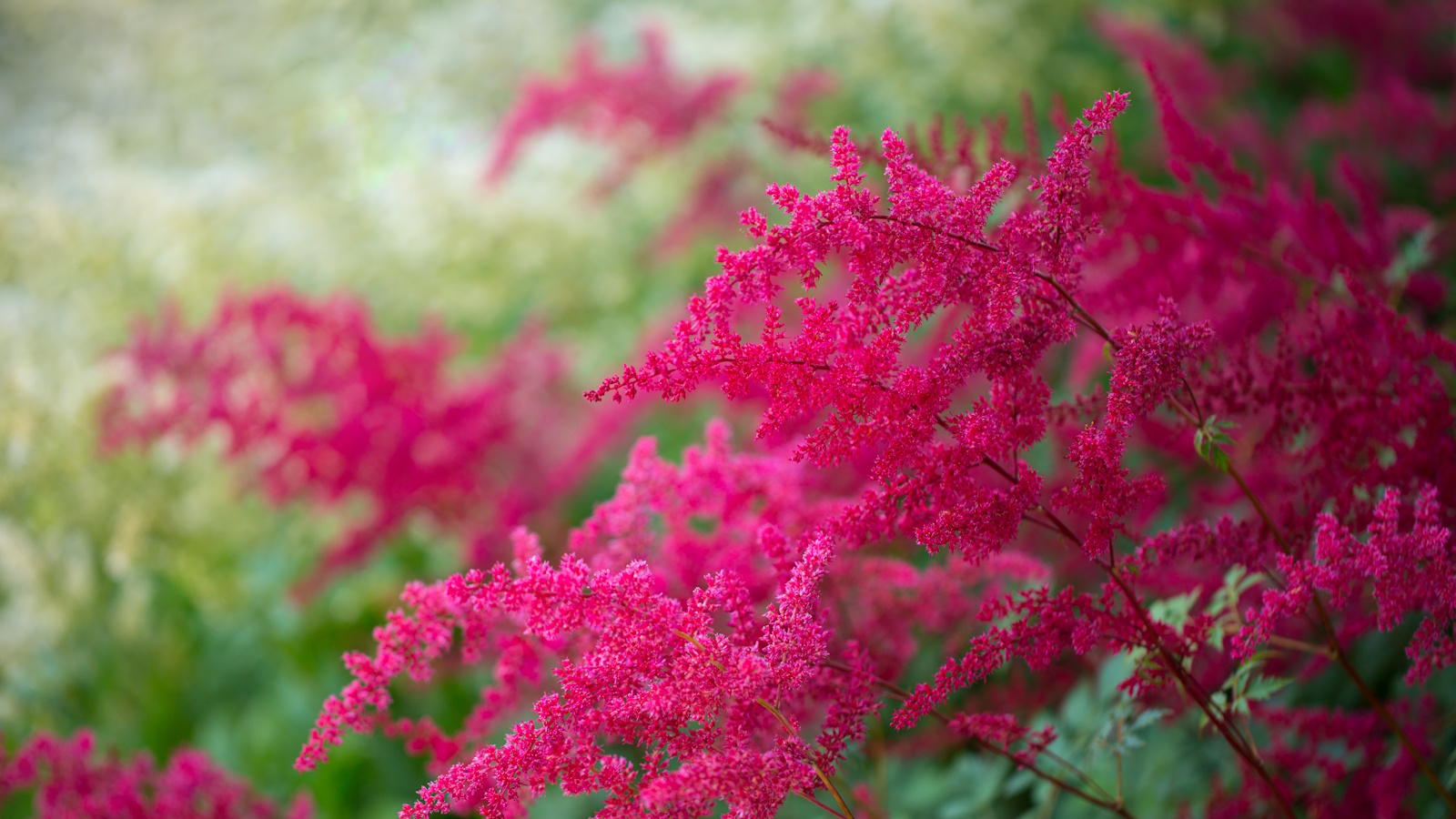 How to grow astilbe – expert advice on cultivating this shade-tolerant flowering perennial
How to grow astilbe – expert advice on cultivating this shade-tolerant flowering perennialShade-tolerant and pest-resistant - astilbe are hardy and tough perennials that can thrive in many settings
By Ellen Wells Published
-
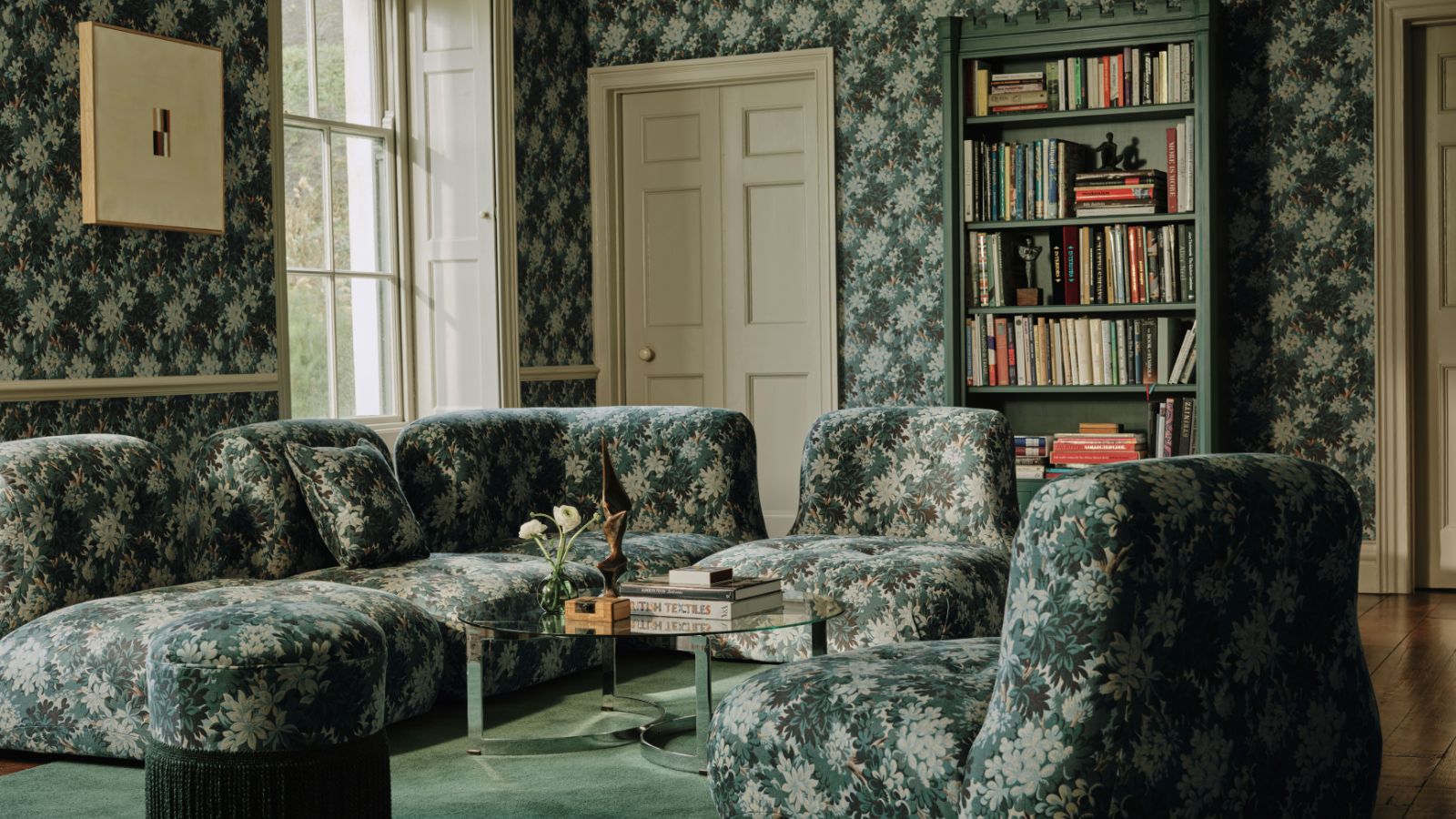 Vintage prints are making a comeback – designers say to look out for these 5 nostalgic patterns this year
Vintage prints are making a comeback – designers say to look out for these 5 nostalgic patterns this yearThese vintage-style patterns are all the rage right now, and we spoke with design experts to learn how best to style them in the home
By Eleanor Richardson Published
